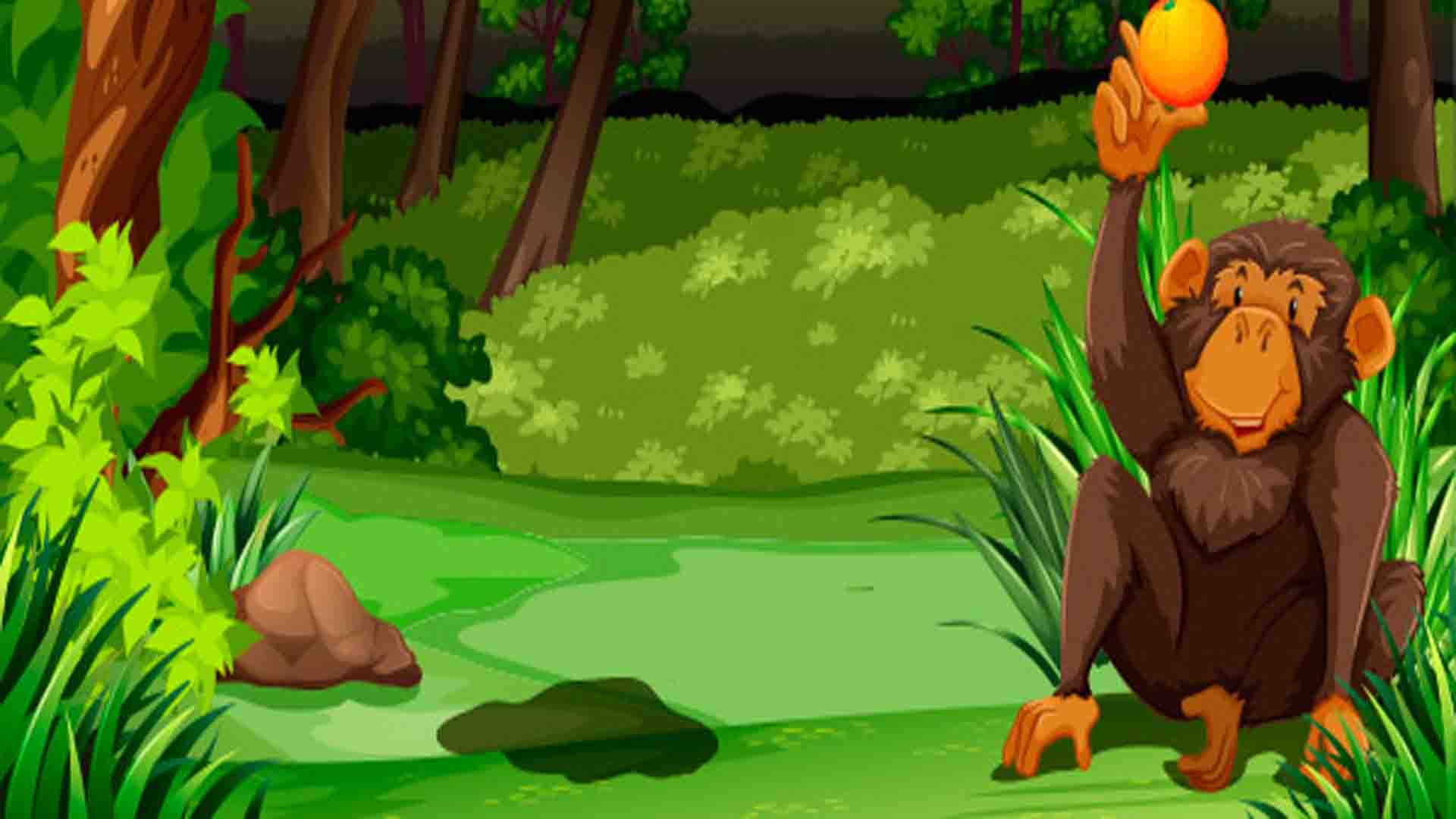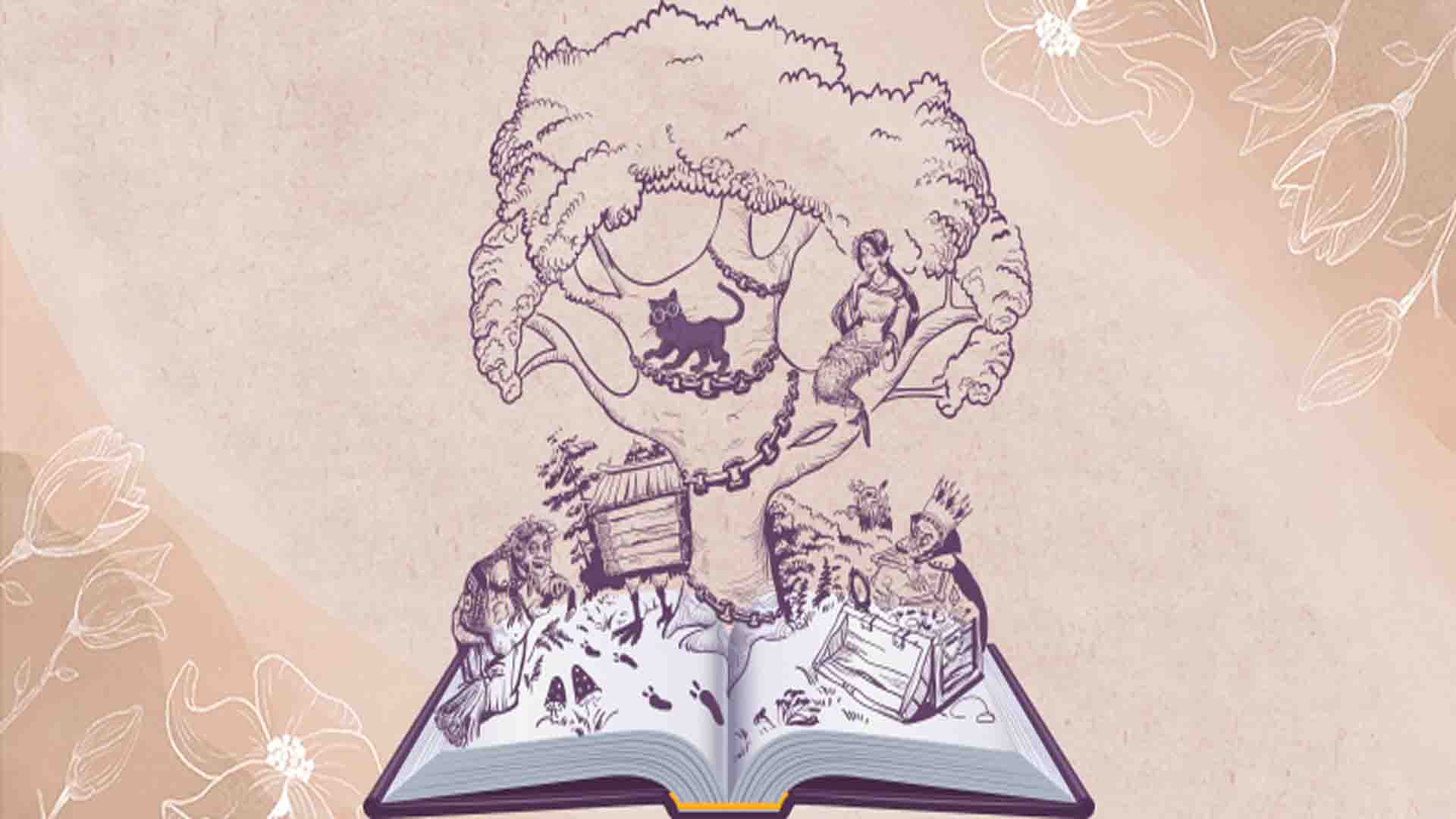La Fontaine’s Fables for kids a best stories for kids to read

In 1621, Jean de la Fontaine was born in a city in France, the eldest son of an advisor to the king who had been given the task of tending the forests and hunting his palace. At the age of fourteen he was sent to Paris to join a religious order, however he left it shortly after and decided to start studying law. He got a job similar to his father’s and in the free time he had he quietly devoted himself to writing. He wrote twelve books of fables that are known in all parts of the world. La Fontaine’s fables are not characterized by their brevity, but by the enrichment of the narratives to which he brought a touch of elegance. He versioned several well-known fables of Aesopand Phaedrus. He died at the age of seventy-four in Paris.
The best known La Fontaine fables
The field mouse and the city mouse

- Summary: The city mouse once invited his cousin, the field mouse, to dinner at his home. Alegre showed him their space adorned with decorations brought from abroad and a very well served banquet, which they could not take with ease when they began to be chased by the local cat. The field mouse remained scared and preferred that they go home to continue with dinner.
- Moral: material goods generate many comforts, but none are worth it if you cannot live satisfied and content in an environment if it disturbs your tranquility. Peace of mind is worth more than earthly and fleeting comfort.
The fox and the stork

- Summary: invited the fox to dinner for the stork. She served soup in the flat plates that she had at home and the fox drank it until she finished her portion, while the stork, with its long beak, was unable to eat. He wanted revenge for the mockery and invited the fox to his house, served the food in tall glasses, the stork ate without any inconvenience, but the fox with its large mouth could not eat a bite.
- Moral: if you know the weaknesses of others, you should not take advantage of it. Also if you have any disagreement, you should communicate it instead of taking it as an offense. Dialogue is the best tool to solve problems.
The wolf and the dog

- Summary: there was a wolf who had not fed well in recent times to his misfortune and came across a stray dog that looked well restored. The dog tells him that at home he will be well fed by the master and that in return he only has to obey him. The wolf accepts, but when he sees the peeling of his neck he discovers that it is a mark on the collar, a sign of having lost his freedom. The wolf refuses and leaves.
- Moral: it is convenient to provide well-being by our own means. It may happen that this is more difficult, but it is preferable before losing freedom and autonomy.
Death and the wretched

- Summary: an unhappy man mourned day by day the misfortunes and shame in his life and constantly called for death to put an end to his misery. At the end, death decides to go see him, but when he sees death enter his house, he instantly regrets having called her full of fear.
- Moral: no matter how difficult the circumstances, you can always find a solution. It is cowardly to take refuge evoking in vain an unwanted death.
The calf, the goat and the sheep in the company of the lion

- Summary: the goat, the calf and the sheep were in alliance with a lion who proclaimed himself the master of the entire region. One of them caught a crow and presented it to the group. The lion said that there were four for the distribution, that the first portion was his for being owner and lord, that the second corresponded to him for being the strongest, the third for being the bravest and that the fourth part was his property and whoever said otherwise would die in its clutches.
- Moral: it is better not to create alliances with those who think they are more important, because sooner or later they will reveal their true intentions.
The boy and the school teacher

- Summary: a child was playing on the banks of a river and, clueless, fell into the water. It was thanks to a branch that he was able to hold on for a while until he saw a teacher passing by. The boy shouted for help and the teacher reacted, inopportune and very pedantic, reprimanding the boy until he got tired and finally decided to get him out of the water.
- Moral: you have to help rather than reprimand. First fix the situation and later, there will be time to criticize and observe the mistakes made.




